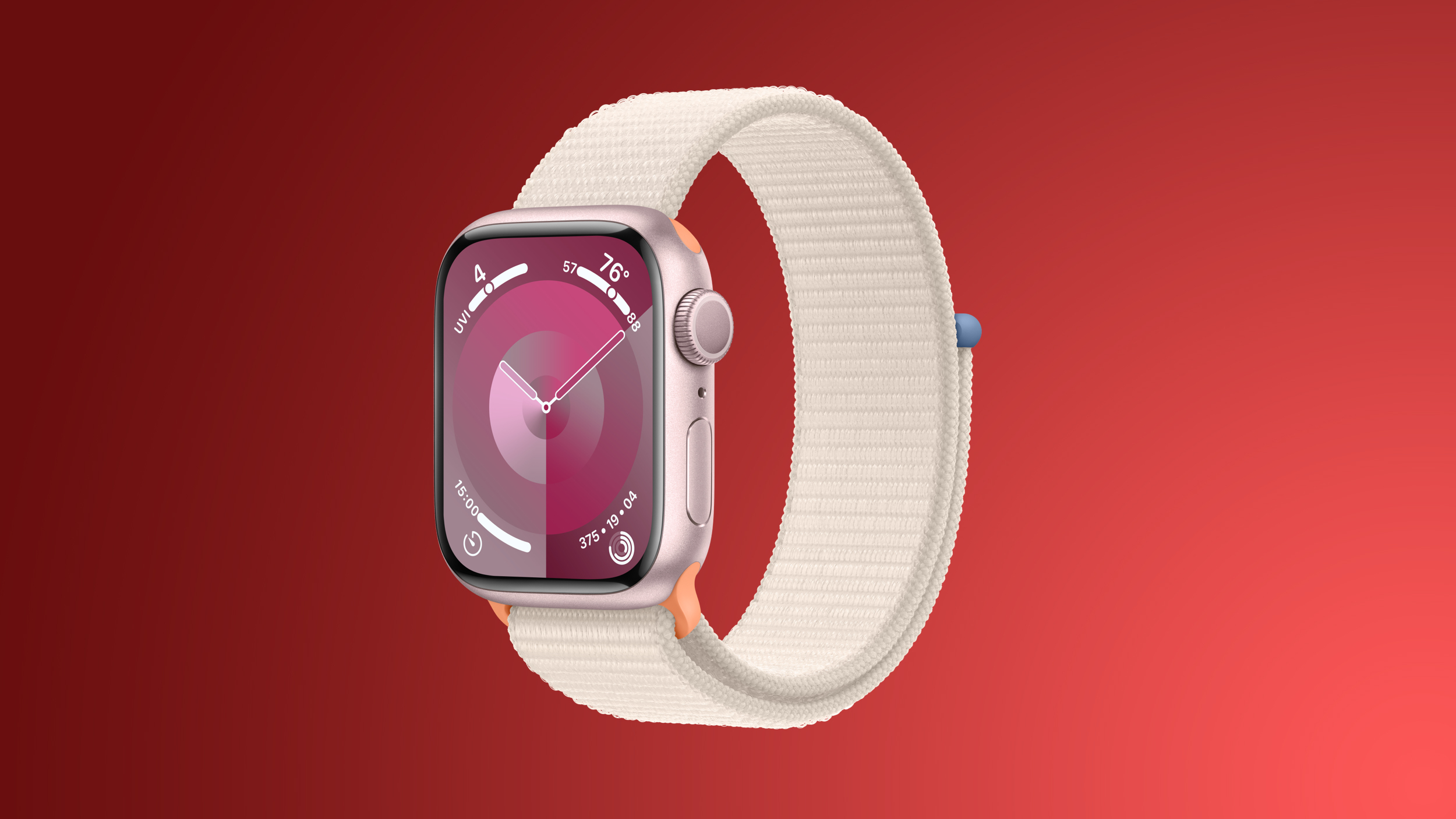Apple is now officially unable to sell the Apple Watch Series 9 and Apple Watch Ultra 2 in the United States as the International Trade Commission's import ban has become final. This morning, the Biden administration announced that it would not veto the ban.

The Office of the United States Trade Representative said that after "careful consultations" it was opting not to reverse the ITC's decision.
Apple has filed an appeal with the U.S. Court of Appeals for the Federal Circuit in Washington, and it has been working on a software solution that it hopes will allow it to resume sales.
The Apple Watch Series 9 and the Apple Watch Ultra 2 are not able to be sold by Apple in the United States at this time because the ITC ruled that the devices violate blood oxygen monitoring technology owned by medical device company Masimo.
The ban is limited to Apple Watch models that have a blood oxygen sensor, so the Apple Watch SE is still on sale. It also only applies to Apple retail stores in the United States, so all Apple Watch models are still available in other countries. Stores like Target, Best Buy, and Walmart are able to continue Apple Watch sales as long as supplies hold out, but Apple is not able to bring more units into the United States from overseas.
Apple will not be able to sell the Apple Watch Series 9 or the Apple Watch Ultra 2 unless the appeal is successful, it settles with Masimo, or it finds a way to change the blood oxygen sensor so it is not using Masimo's patented technology.
This article, "Apple Watch Import Ban Now Official, Apple Appeals Decision" first appeared on MacRumors.com
Discuss this article in our forums
Source: TechRadar

The Office of the United States Trade Representative said that after "careful consultations" it was opting not to reverse the ITC's decision.
"On October 26, 2023, the U.S. International Trade Commission found that Apple, Inc. infringed two patents owned by Masimo Corporation and Cercacor Laboratories, Inc, both based in the United States. Since 2005, the Office of the United States Trade Representative has been delegated the President's authority under Section 337 of the Trade Act of 1930 to review the ITC's decision for a 60-day period. After careful consultations, Ambassador Tai decided not to reverse the ITC's determination and the ITC's decision became final on December 26, 2023."Apple in a statement to Reuters said that it is "taking all measures" to get the Apple Watch Ultra 2 and Apple Watch Series 9 back on store shelves as soon as possible.
Apple has filed an appeal with the U.S. Court of Appeals for the Federal Circuit in Washington, and it has been working on a software solution that it hopes will allow it to resume sales.
The Apple Watch Series 9 and the Apple Watch Ultra 2 are not able to be sold by Apple in the United States at this time because the ITC ruled that the devices violate blood oxygen monitoring technology owned by medical device company Masimo.
The ban is limited to Apple Watch models that have a blood oxygen sensor, so the Apple Watch SE is still on sale. It also only applies to Apple retail stores in the United States, so all Apple Watch models are still available in other countries. Stores like Target, Best Buy, and Walmart are able to continue Apple Watch sales as long as supplies hold out, but Apple is not able to bring more units into the United States from overseas.
Apple will not be able to sell the Apple Watch Series 9 or the Apple Watch Ultra 2 unless the appeal is successful, it settles with Masimo, or it finds a way to change the blood oxygen sensor so it is not using Masimo's patented technology.
This article, "Apple Watch Import Ban Now Official, Apple Appeals Decision" first appeared on MacRumors.com
Discuss this article in our forums
Source: TechRadar